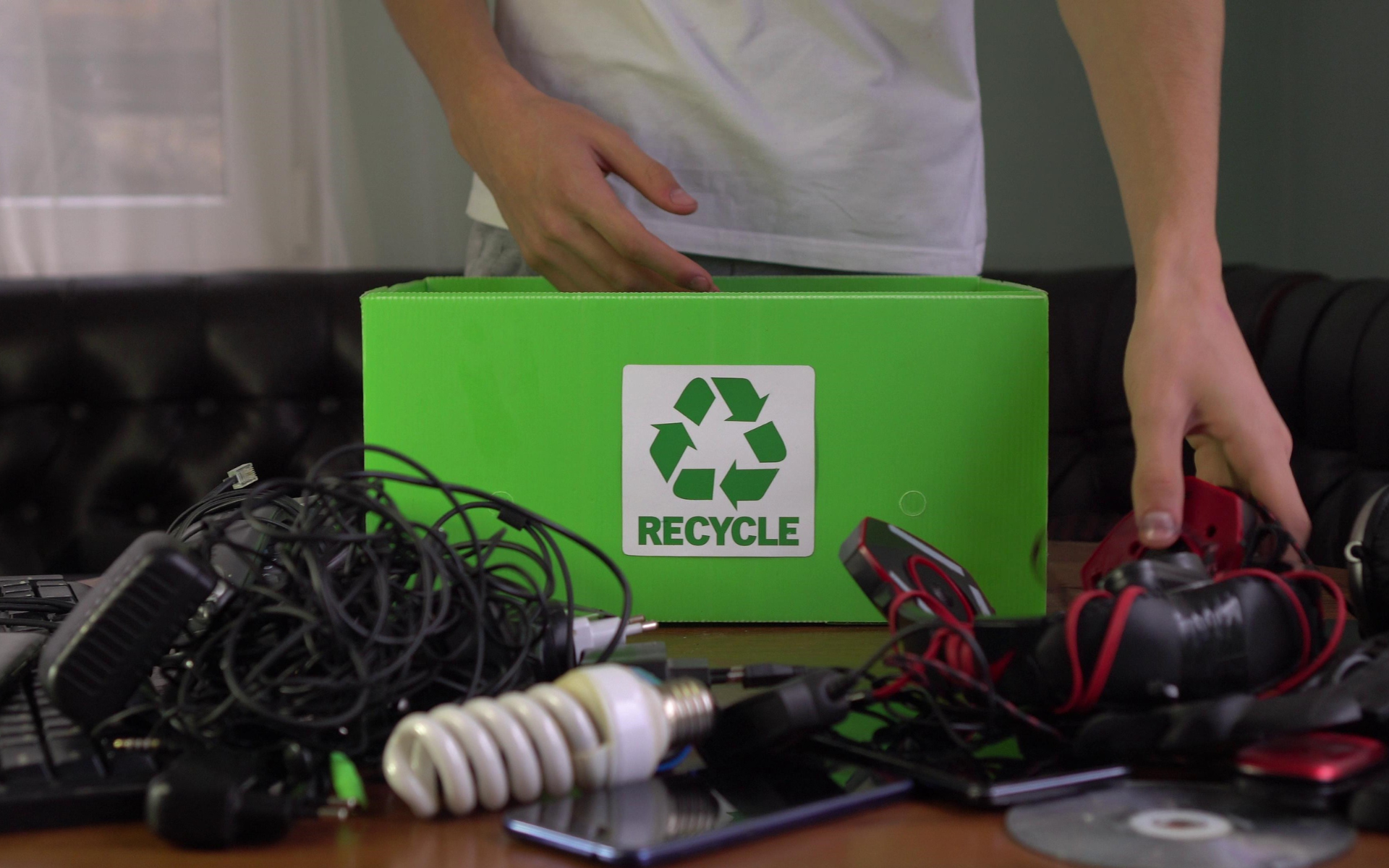Electrical and electronic equipment is now a part of our everyday lives, thanks to the rapid emergence of new technologies that have taken root in our modern civilizations. In addition, we have witnessed the emergence of planned obsolescence, even cultural obsolescence, which has resulted in today’s consumer society producing an increasing amount of garbage, known as waste electrical and electronic equipment or WEEE. As a result, their recycling becomes a societal responsibility, given that almost 1.7 million tonnes are abandoned globally each year, including 25,000 tonnes in Mauritius.
The environmental impact of WEEE and the associated dangers
WEEE is segmented into 13 categories which are as follows:
• Major household appliances
• Small household appliances
• Computer and telecommunications equipment
• Consumer equipment
• Lighting equipment
• Electric and electronic tools
• Toys, leisure and sports equipment
• Medical devices
• Monitoring and control instruments
• Vending machines
• Photovoltaic panels
• Installation equipment
• Energy production, storage and conversion equipment
Toxic compounds released by this trash contaminate the environment, particularly the soil and groundwater that flow into waterways. These include heavy metals, such as mercury, lead, cadmium, and hexavalent chromium, which are the primary persistent organic pollutants. These compounds can also affect air quality during incineration if protocols and regulatory compliance are not followed. In addition, there is visual pollution and deteriorating landscapes.
Furthermore, WEEE that is not processed in accordance with current regulations may endanger public health. This is due to inhalation of these poisonous compounds as well as eating of crops grown in polluted soil and water.
Regulatory obligations for the processing of WEEE
As a result, the management and treatment of this waste is based on highly precise processes that adhere to the sector’s criteria. This treatment follows a precise circuit from collection and includes disassembly, semi-automatic sorting, and the recovery of recyclable elements utilizing cutting-edge technologies.
It should be highlighted that for health and environmental reasons, improper treatments (such as recovery by heating or burning in primitive workshops, or cremation over an open fire) are illegal.
The actors involved: a matter of collective responsibility
For better management of WEEE, the life cycle of the product itself must meet certain requirements for the optimal preservation of resources and the planet. The actors involved are thus the manufacturers, who will turn more towards eco-design and technological innovation in favor of a green policy. We should also mention distributors and consumers who are joining the circular economy. At the end of the product’s life, local authorities and professional recyclers interact at the territorial and local level, not only for awareness-raising purposes, but also to take charge of waste management in a professional manner.
What responsibility for consumers?
Recycling WEEE must consequently be based on today’s lifestyle and values. Consumers will be able to contribute more to sustainable growth by making easy eco-moves. For example, they should deposit their WEEE at the right collection stations; notice that there are now several everywhere in Mauritius: a few information is provided below.
Similarly, each citizen is expected to reject his or her purchase behavior affected by cultural or even artistic obsolescence. Reducing the use of electrical and electronic gadgets is also a long-term strategy for fully integrating into the green economy. And, if we must replace our equipment, let us consider selecting items that have incorporated an eco-design sector.
BEM Recycling: a WEEE recycling professional in Mauritius
BEM Recycling is the pioneer of WEEE recycling in Mauritius; he is one of the actors who has been present in the Mauritian circular economy for over 20 years. Now certified “Made in Moris”, BEM Recycling is in collaboration with various institutions for the collection of WEEE across the island, including The Good Shop, The Charity Center, Mission Verte and Precious Plastics.
